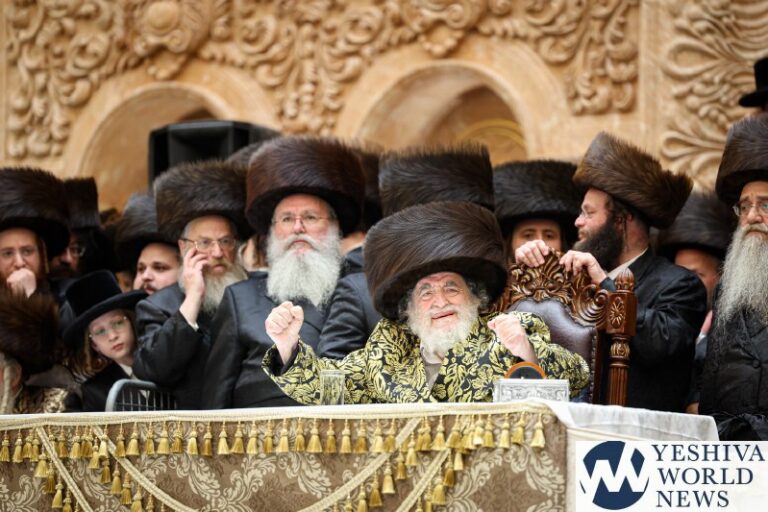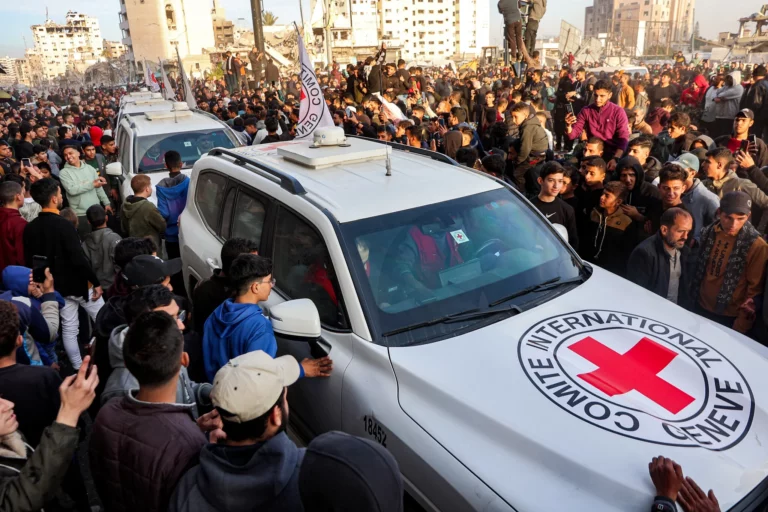 The Pentagon disclosed on Thursday that U.S. officials asked Russia to avoid bombing broad areas of northern Syria where several dozen U.S. special operation forces have been working with Syrians fighting the Islamic State group.
The Pentagon disclosed on Thursday that U.S. officials asked Russia to avoid bombing broad areas of northern Syria where several dozen U.S. special operation forces have been working with Syrians fighting the Islamic State group.
The request, which had not previously been revealed, goes beyond what the Pentagon calls its “memorandum of understanding” with the Russians to avoid inadvertent military air collisions over Syria. Pentagon press secretary Peter Cook said the Russians were not told exactly where the U.S. special operations troops are operating but were asked to avoid certain broad areas as a safety measure for the Americans. He said the Russians have honored the U.S. request.
“We’ve told them these are areas that we have coalition forces in — general areas where we have coalition forces,” Lt. Gen. Charles Q. Brown told reporters at the Pentagon in an interview from his headquarters in Qatar. “We don’t want them to strike there because all it’s going to do is escalate things. And I don’t think the Russians want to escalate against the coalition.”
Brown is commander of U.S. Air Forces Central Command, responsible for U.S. air operations across the greater Middle East.
Brown said the Russians have identified airfields in Syria “that they don’t want us flying close to.” He said those are beyond where U.S. planes normally operate, “so, that hasn’t been an issue.”
Cook said the request to Russia that its warplanes avoid areas where U.S. troops are operating was made with troop safety in mind. He would not say when the U.S. request was made or who in the Pentagon made it.
“I’m not going to get into details other than to say that there was an effort made to protect the safety of our people from the risk of Russian airstrikes,” Cook said. “And that those steps were taken, and those so far have been honored.”
U.S.-Russian military relations have been strained by the Syria war, with the Obama administration contending that the Russians are propping up the Syrian government of President Bashar Assad rather than fighting the Islamic State.
(AP)










